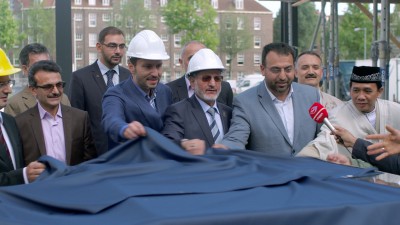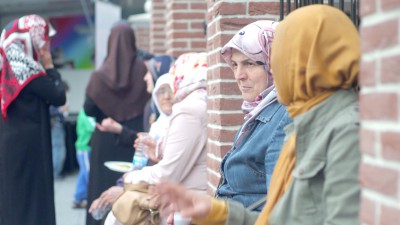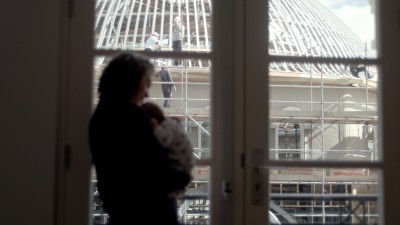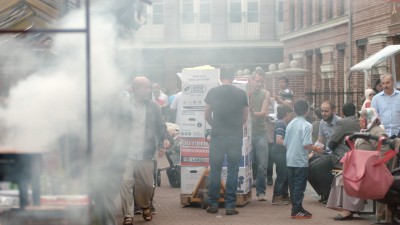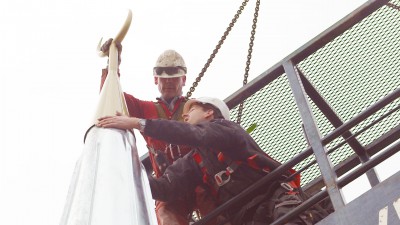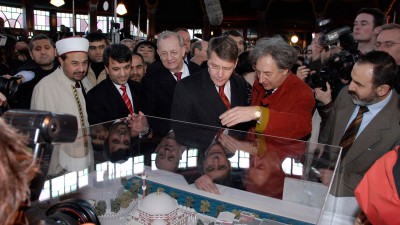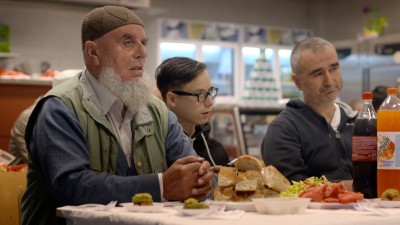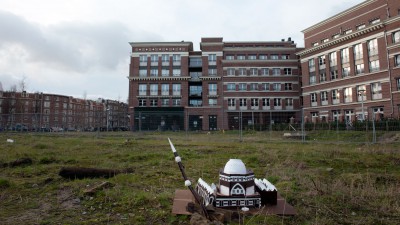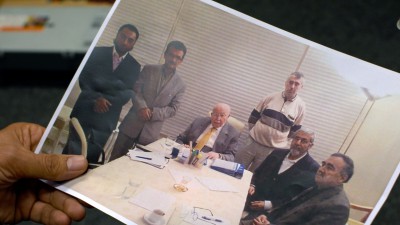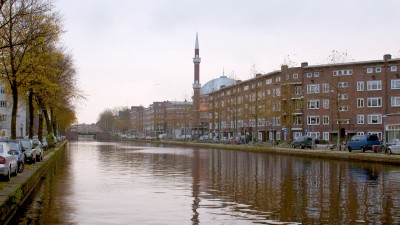Scroll down to continue

Scroll down to continue

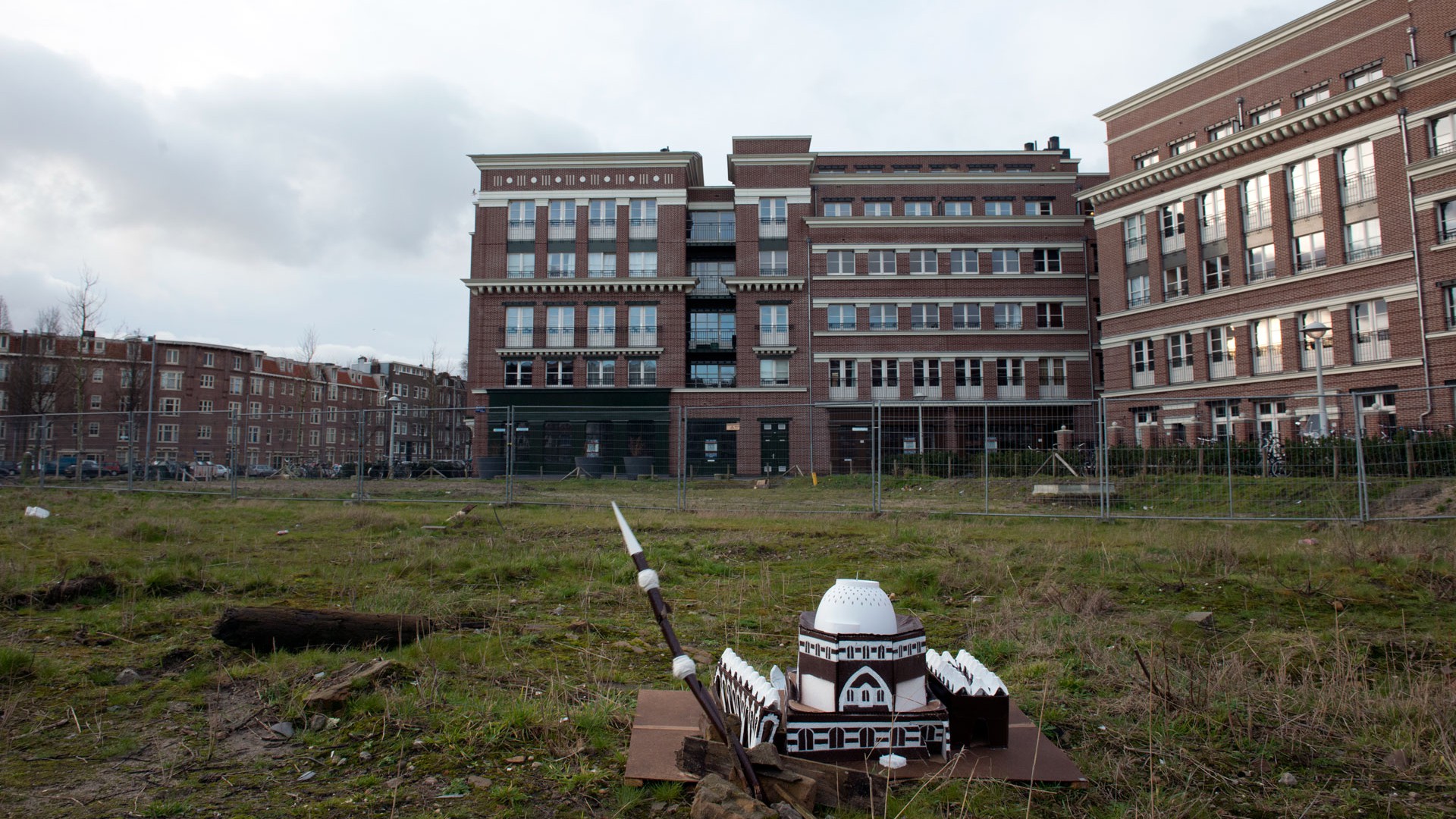
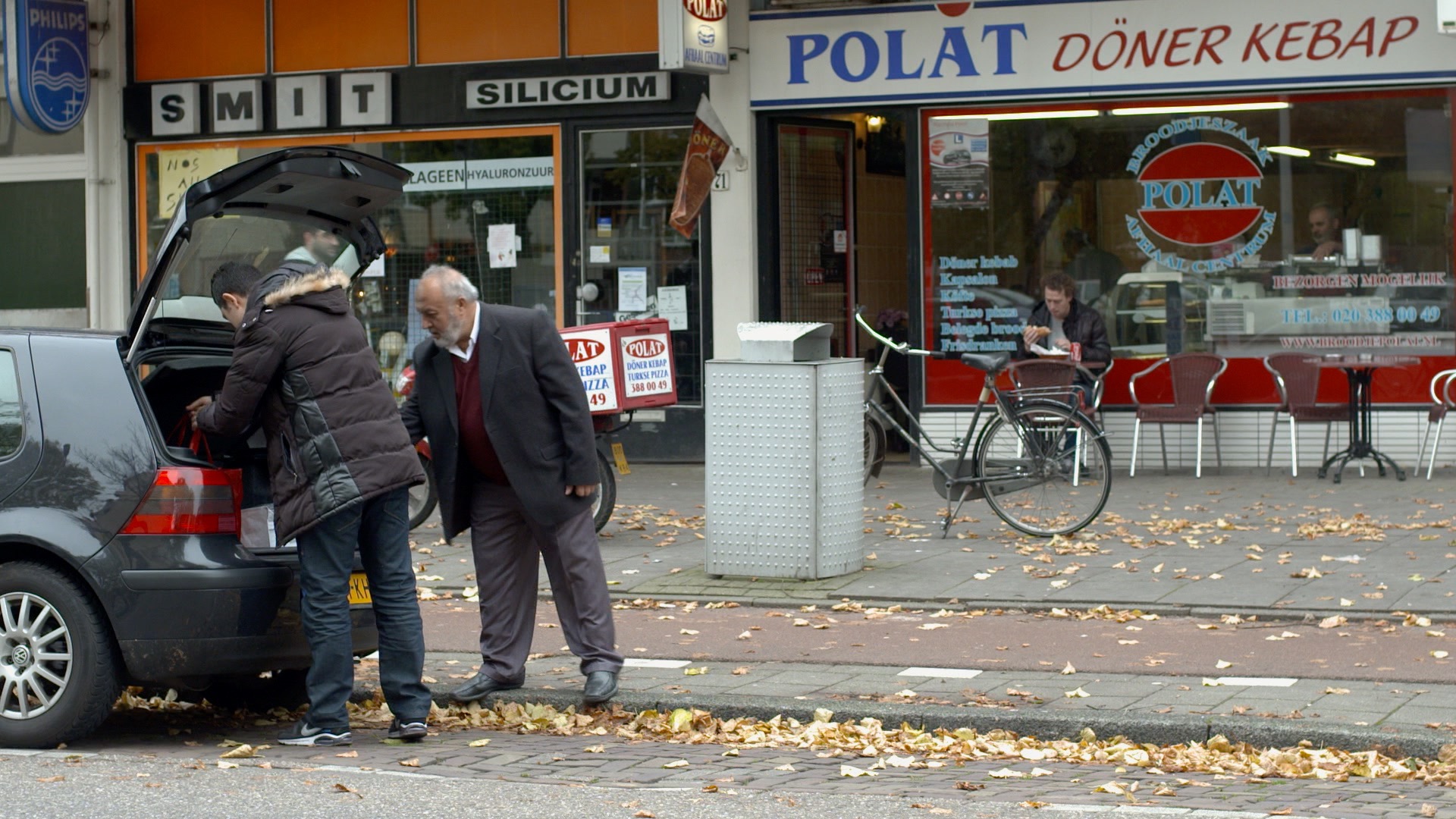

Let’s look at the situation in 2014. Board members Hasan Aldemir and Seyyid Ali Karilik are raising money to build the interior of the Westermoskee. We follow them on their journey past collection boxes in Turkish shops. The Piri Reïs complex has already been completed three years ago. Taxi driver Mohamed El Morabet and his wife Ouassima Chebli live in one of the social houses. The Moroccan-Dutch couple sees their house as a gift of God, but they wonder why no Turkish Dutch are living in the complex.

Around the turn of the century, Islamic investment was very popular among Turks in Europe and Turkey. In De Baarsjes, visitors of the Aya Sofya Mosque, as it was still called at the time, were no exception to this. These so-called ‘Green Funds’ promised no interest – forbidden by Islam – but saw their profits skyrocket to 20 to 40 percent per share. Many Turkish Dutch invested their savings in the funds, which collapsed during the 2001 economic crisis in Turkey. A lot of money vanished into thin air. Shares in the Aya Sofya mosque had been sold to people who consequently lost their investment.
This only saw the light of day years later, and ever since, rumours abounded that mosque leaders had put a lot of money in their own pockets. On the 10th of May 2007, news program Netwerk broadcasted an item on it, but they failed to produce any hard evidence. Eventually, a loss of 5.5 billion euros for Turks both in Europe and Turkey comes to light. But there’s no concrete evidence about money flowing into the pockets of Westermoskee board members.
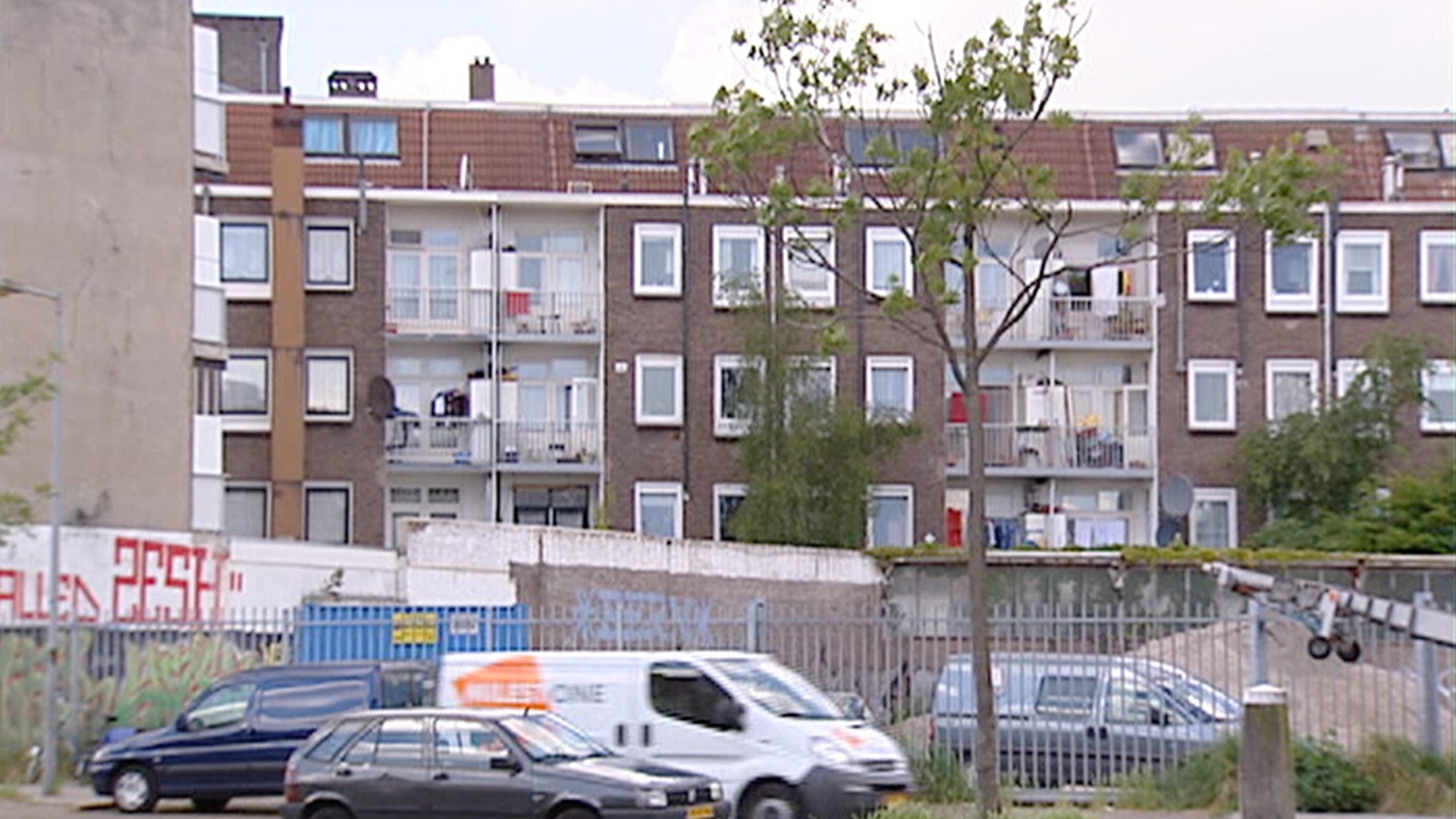

In 2007, Dutch national television announces the definitive collapse of the Westermoskee project. One item briefly narrates the history of the conflict between the Turks and the housing association. The mediating role played by mayor Job Cohen (Labour Party, PvdA) of Amsterdam is also mentioned. Earlier, he had made a failed attempt to reconcile the warring factions, but it became clear after a number of meetings that the former partners remained diametrically opposed to one another. A ‘Thousand and One Nights’’ tale seems to have come to a disappointing ending.
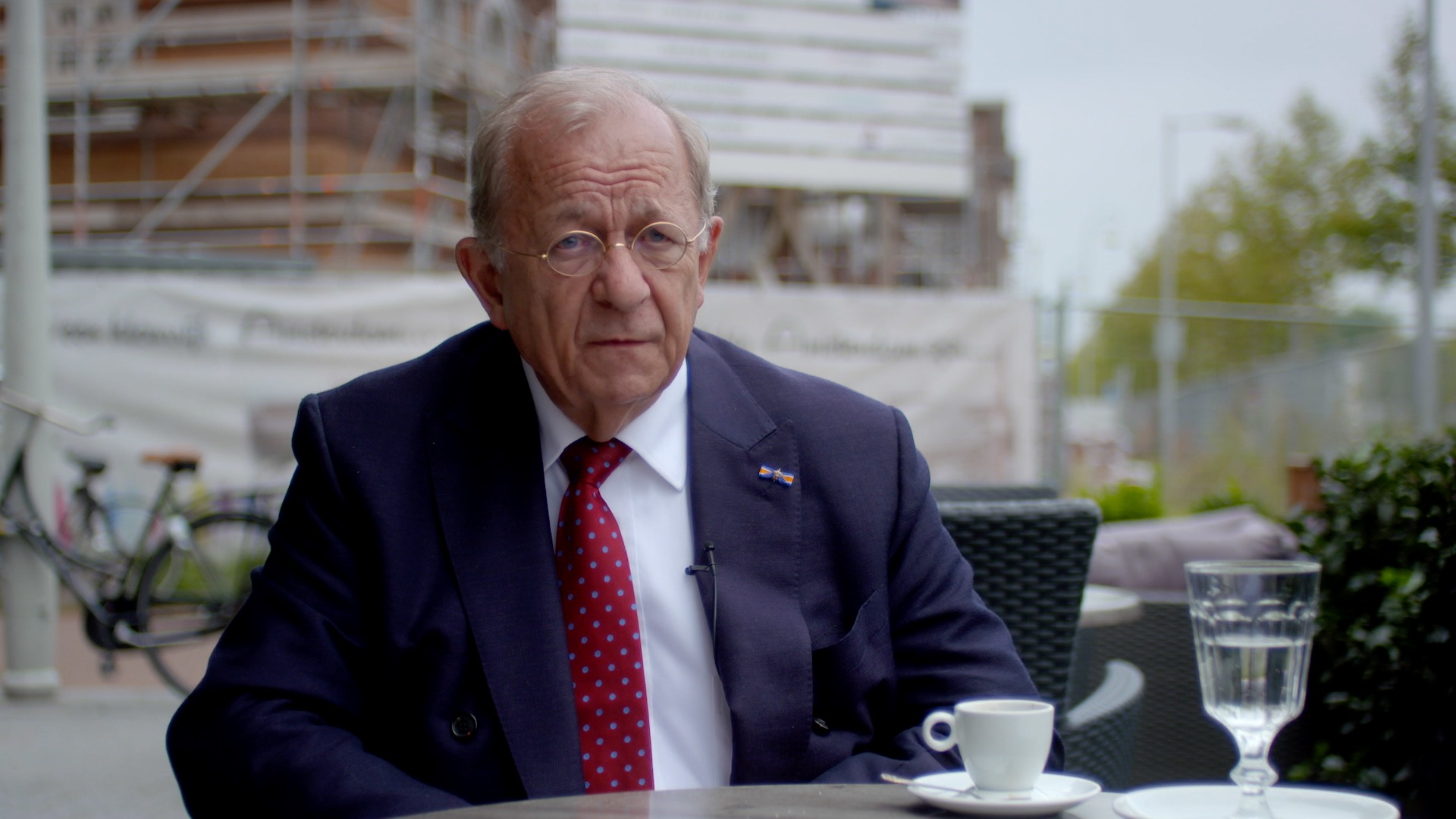

Former director of housing corporation Het Oosten (now Stadgenoot) Frank Bijdendijk explains the interests at stake. The new mosque administration had disagreed with the land deal closed with the municipality by the previous management. They wanted to get the terrain back, in order to build and operate the mosque on private territory. For Het Oosten this was non-negotiable. If the land deal was to be reversed, the housing corporation stood to lose millions of euros.
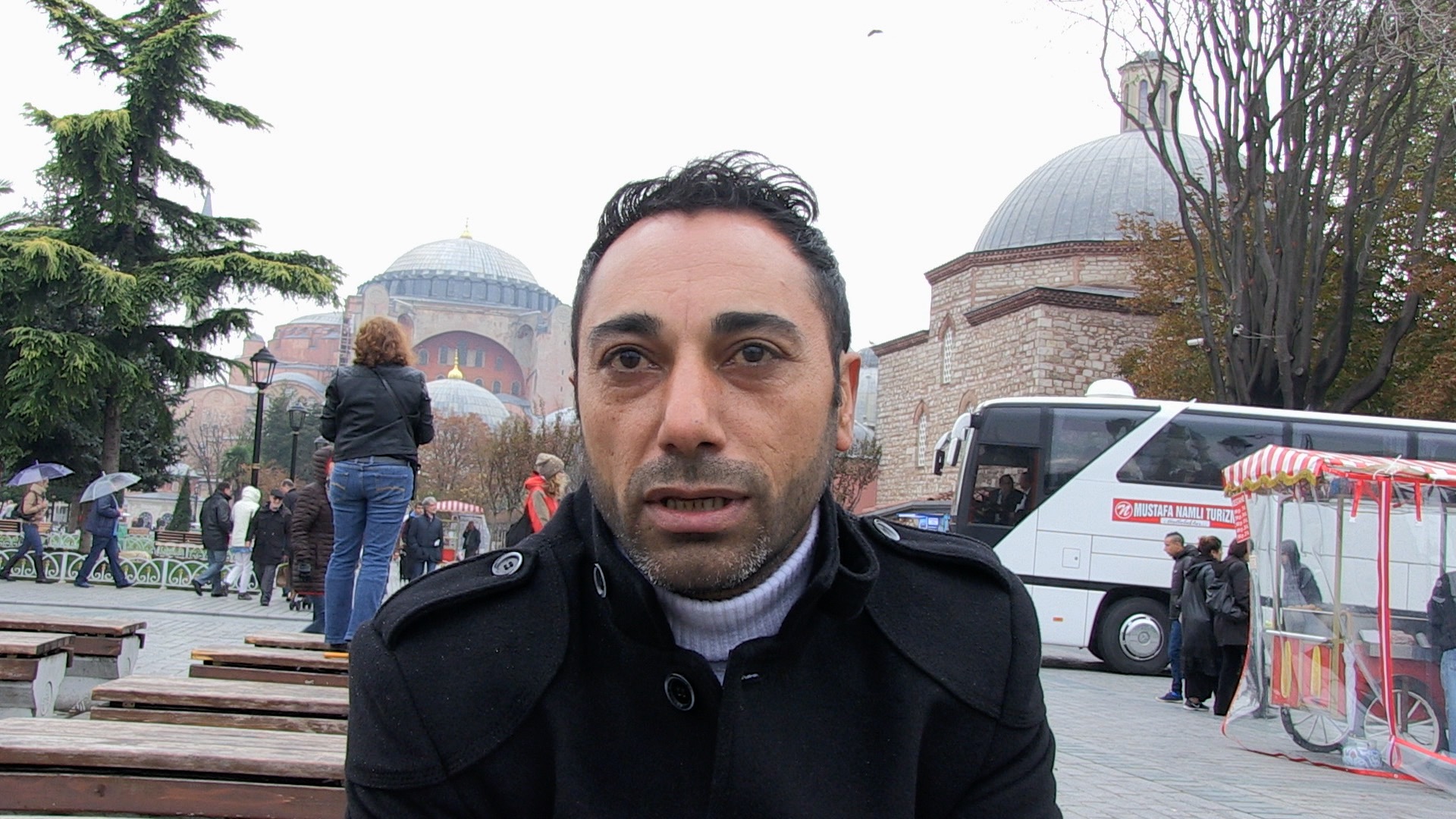

Former mosque chairman Fatih Üçler Daǧ explains why he thought the land deal, signed by his predecessors with the municipality of Amsterdam, was a bad move. In 2005, they had sold the land to the municipality for 6.13 million euros, but a few years later the land appeared to be worth much more, according to Daǧ. Supported by a new and independent assessment, Daǧ concluded that his predecessors had bought a pig in a poke.
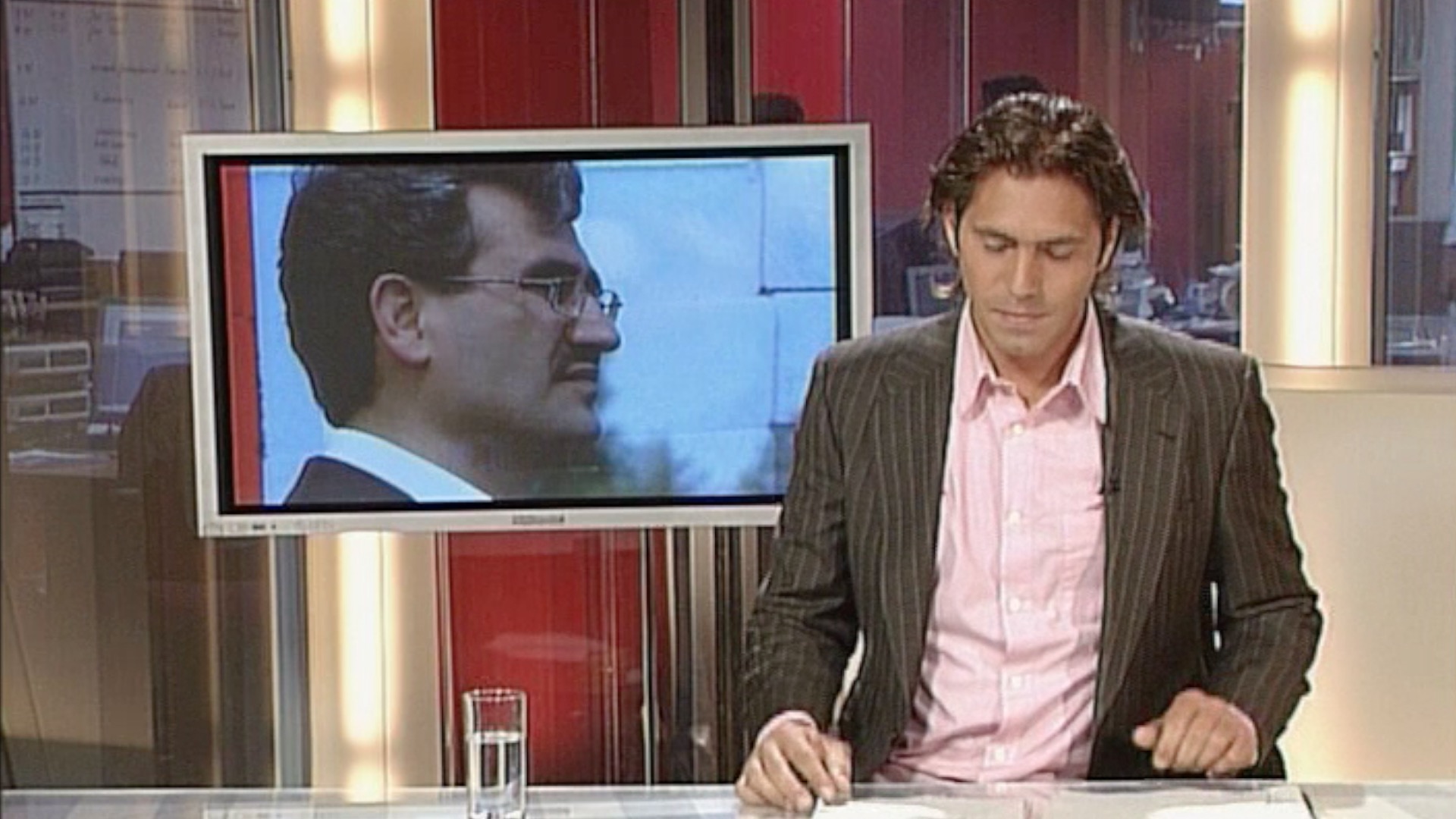

While the new mosque administration and Het Oosten were busy fighting, former director Üzeyir Kabaktepe was arrested. After Fatih Daǧ reported him, the Public Prosecutor had begun an investigation on possible money laundering and embezzlement of capital from investment company Manderen BV. Daǧ’s new administration accused Kabaktepe of filling his pockets with 1.5 to six million euros. After his arrest, Kabaktepe’s housing properties also came under investigation. Firearms were found in one of his rental apartments. With the former director still in detention, it was soon proved that the weapons belonged to the collection of an adolescent who lived in the house, with no further ties to Kabaktepe. He was released in October 2007, but lengthy lawsuits were to follow. At present, it seems that there’s no evidence for the vast majority of the allegations made against him. Nevertheless, a number of these cases are still running, and Kabaktepe’s reputation remains tarnished. In parts of the Turkish community, he is still considered a persona non grata.
